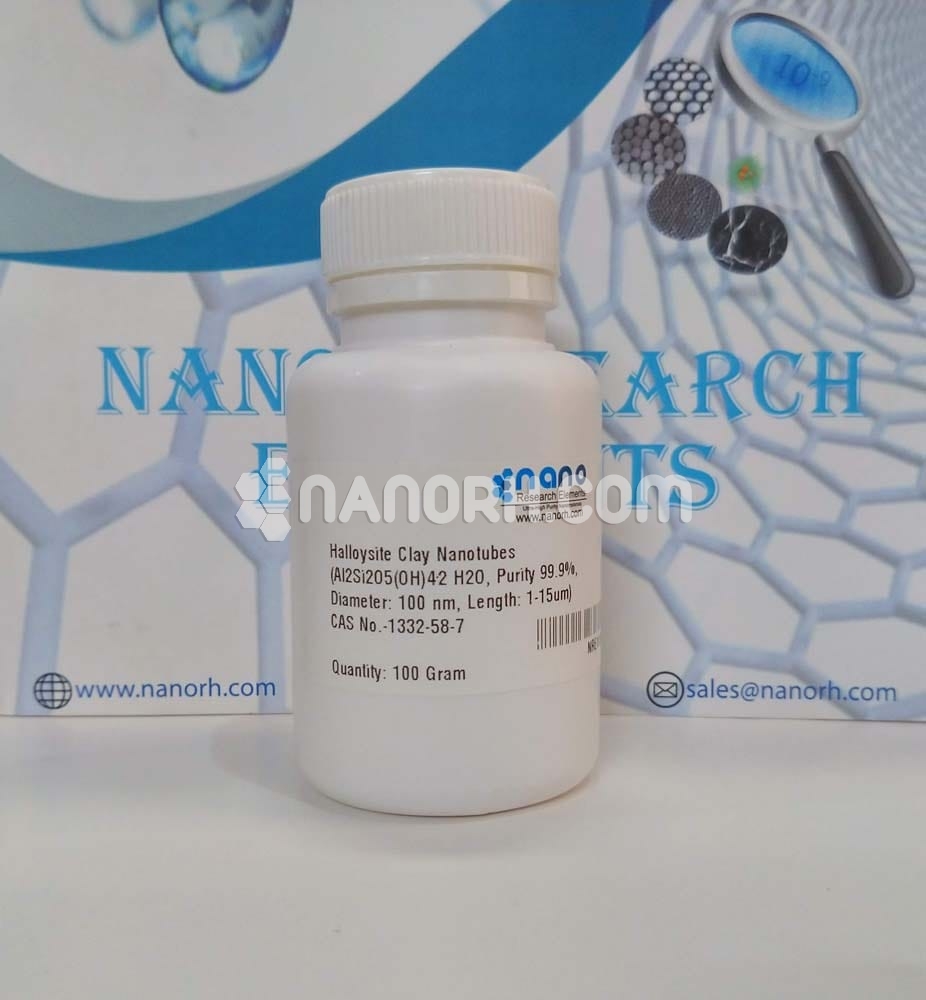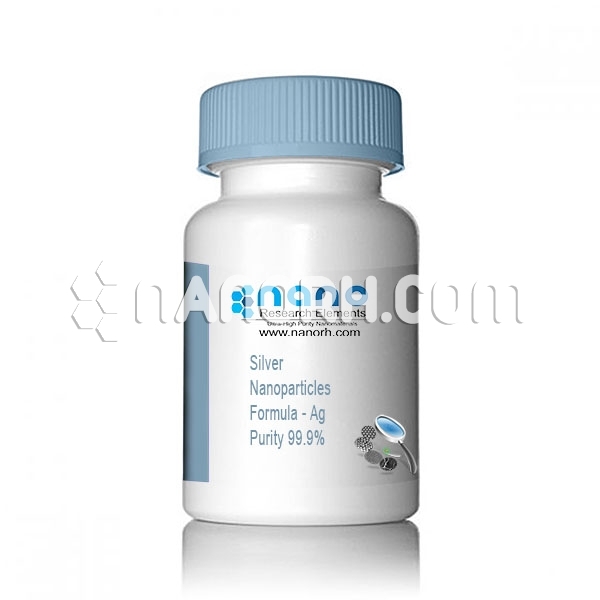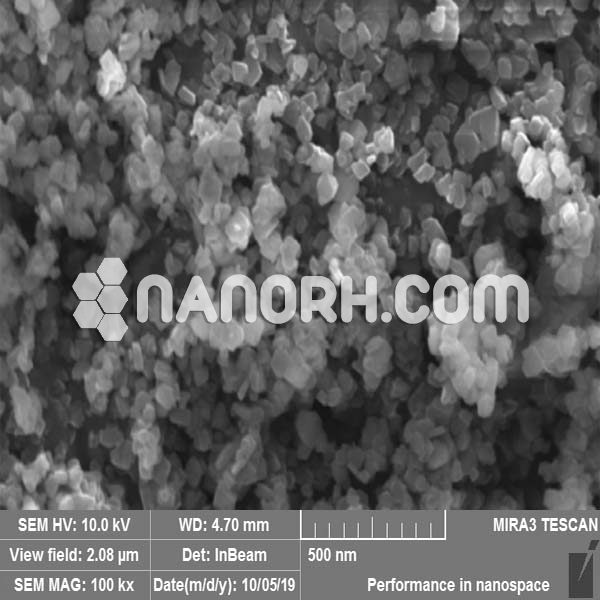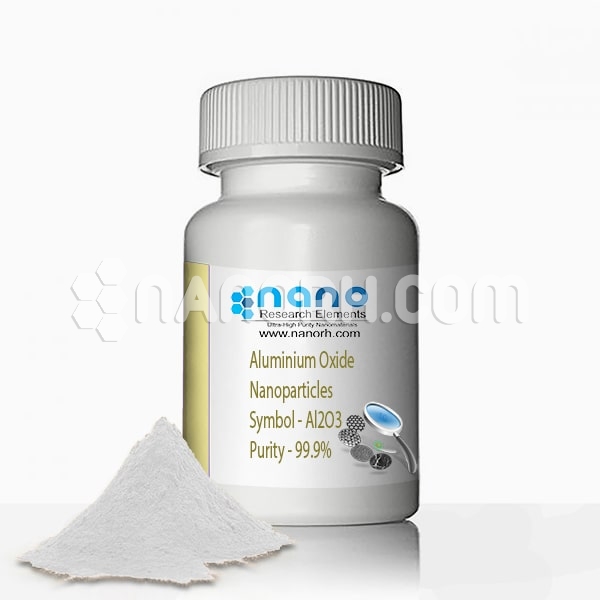| Halloysite Clay Nanotubes | |
| Product No | NRE-6013 |
| CAS No. | 1332-58-7 |
| Formula | Al2Si2O5(OH)4·2 H2O |
| APS | <100nm (Can be Customized) |
| Purity | 99.9% |
| Color | Greyish/off-white/ yellowish |
| Molecular Weight | 294.19g/mol |
| Density | 2.6 g/cm³ |
| Melting Point | >2000°F |
| Boiling Point | NA |
Halloysite Clay Nanotubes
Use of halloysite as nanofillers and in controlled release technology for a range of active agents. This mineral is extensively used in industry for ceramics, cements and fertilisers. Besides these it has enormous potential applications because of their peculiar tubularly shaped particles normally found in this mineral. Halloysite has also been used as a petroleum cracking catalyst in the past.
Halloysite nanotubes used for active release of corrosion inhibitors. In this approach corrosion coatings composed of hybrid sol-gel films were doped within Halloysite nanotubes so they were able to release entrapped corrosion inhibitors in a controllable way. A silica-zirconia-based hybrid film can be used as an anticorrosion coating deposited on aluminium alloy. Halloysite nanotubes with inner voids loaded by corrosion inhibitors (2- mercaptobenzothiazole) and outer surfaces covered layer-by-layer with polyelectrolyte multilayers were introduced into the hybrid films.
Halloysite nanotubes (HNTs) used with linear low density polyethylene (LLDPE) to prepare composites with enhance mechanical and prominant flame retardant properties. Poly Ethylene graft was used as interfacial modifier in the LLDPE/HNTs composites. HNTs have proved to be a promising reinforcing and flame retardant nano-filler for LLDPE. This mechanical properties, flame retardancy, as well as thermal stability of the composites can be further enhanced by the addition of the graft copolymer.




